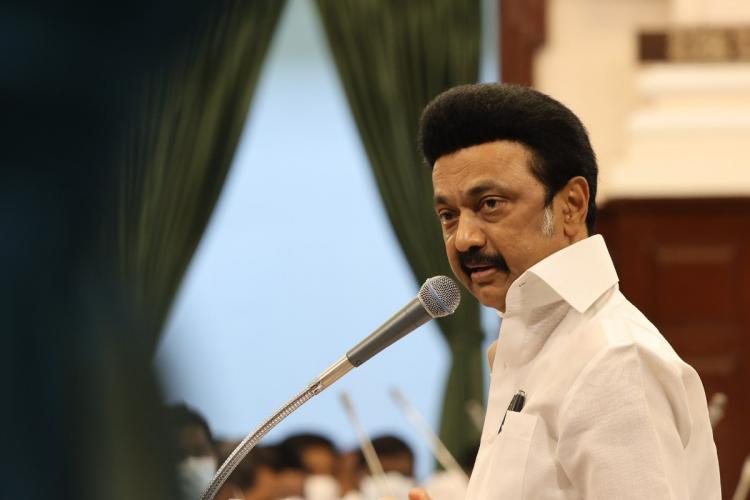On August 11, 2023, Union Home Minister Amit Shah introduced three new bills in the Lok Sabha to replace major sections of the law such as the Indian Penal Code (IPC) and the Code of Criminal Procedure (CrPc).
The proposed bills are the Bharatiya Nyaya Sanhita Bill, 2023, the Bharatiya Sakshya Bill, 2023, and the Bharatiya Nagrik Suraksha Sanhita Bill, 2023. One of the key legislative changes that has been proposed is to repeal the controversial, colonial-era sedition law (Section 124A of IPC) that led to the arrests of 86 people across the country in 2021.
However, Tamil Nadu Chief Minister MK Stalin has criticized these bills, calling them “recolonisation in the name of decolonisation” and an attempt to “tamper with the essence of India’s diversity. He has also accused the BJP government of lingusitic imperialism. and attempting to “supplant Tamil’s identity with Hindi” by giving Hindi names to the legislation. Stalin has vowed to oppose this attempt resolutely and has stated that “the fire of resistance against Hindi Colonialism is ablaze once more”.
DMK MP P Wilson also expressed shock at the Hindi names given to the three legislations and called for them to be corrected at once, citing Article 348 of the Constitution of India which states that names of Bills and Acts must be in English. Wilson also recalled a previous incident where he had opposed a legislation with a Hindi name in Parliament and the union finance minister had clarified that the name of the Bill was only in English but the Hindi portion should have been in brackets.
These new laws are expected to ensure speedy justice, make the legal process less taxing for the victims and address the situation according to contemporary needs and aspirations of the people.
The new bills prioritize laws that protect women and children, punish murderers, and deter those who would harm the state. Under the proposed laws, bribing voters during elections is a punishable offense with imprisonment of up to one year. Community service is a new non-custodial punishment that will be available for petty offenses in India for the first time.
The proposed laws have also made offenses gender-neutral in order to ensure that everyone is protected from crime, regardless of their gender. In order to deal effectively with terrorism and organized crime, new offenses have been created with severe penalties.
The Bharatiya Nyaya Sanhita Bill, 2023 aims to consolidate and amend the provisions relating to offenses. Under this bill, the goal is to increase the conviction ratio above 90 percent. To achieve this, an important provision has been added that makes it compulsory for a forensic team to visit the crime scene in cases where the punishment is 7 years or more in jail. The intention behind this bill is to shift from punishment to the provision of justice.
The Bharatiya Sakshya Bill, 2023 is intended to replace the Indian Evidence Act. The objective of this bill is to consolidate and amend the provisions relating to evidence and for matters connected therewith or incidental thereto.
The Bharatiya Nagrik Suraksha Sanhita Bill, 2023 is designed to supersede the Code of Criminal Procedure. The objective of this bill is to consolidate and amend the provisions relating to criminal procedure and for matters connected therewith or incidental thereto.
However, the proposed laws are yet to undergo a review by a parliamentary standing committee and it remains to be seen how these bills will be received by other political parties and what changes may be made before they are passed into law.
Also Read: 3 bills to replace IPC, CrPC, Indian Evidence Act introduced in Lok Sabha









